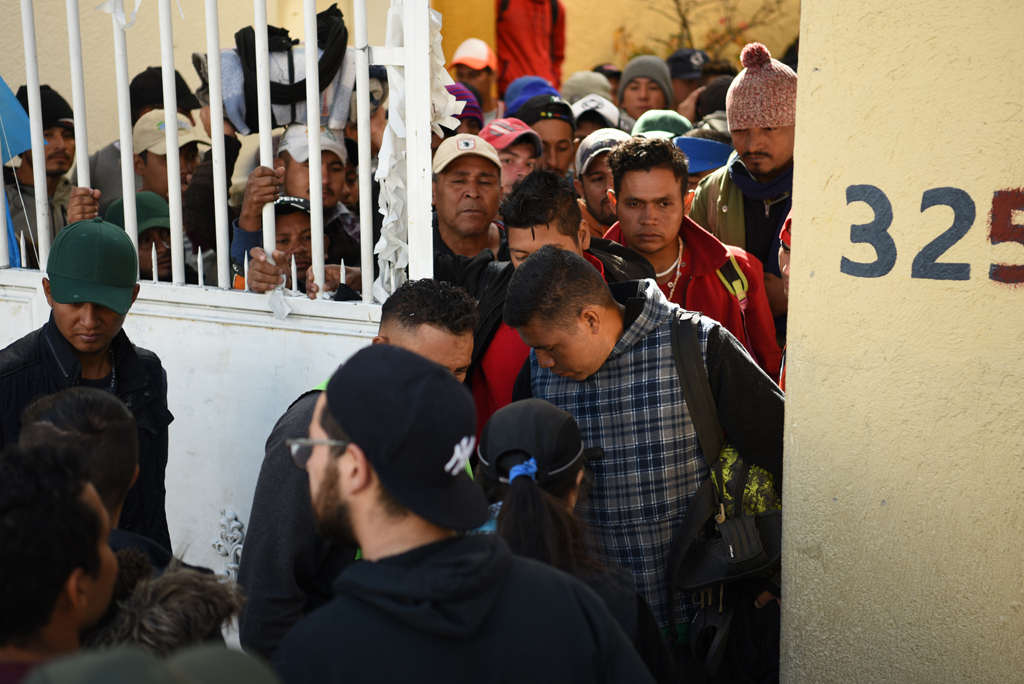Migrant workers in all corners of the world are subjected to abusive and exploitative recruitment processes, including in many cases the payment of large recruitment fees to secure employment abroad. The recruitment of migrant workers has come under increased scrutiny in recent years. Whilst the spotlight has often fallen on company efforts, governments too are critical in ensuring responsible recruitment. But what is their role?
There is however very little concise, evidence-based guidance for states that want to take a lead on an issue that affects millions and leaves many in conditions of forced labour:
- How can states ensure that the costs of recruitment are borne by business (the Employer Pays Principle) and workers are not indebted through recruitment charges?;
- Can recruitment be considered fair if workers end up in tied visa systems?
- Where does the balance of power lie between origin and destination states?
IHRB has partnered with FairSquare to discuss these questions in an online event with leading experts and organisations working to support migrant workers. The event draws on the findings of FairSquare’s Five Corridors Research Project, a 2-year comparative research project that encompassed 9 countries and 5 migration corridors. The discussion examines the report’s key findings and recommendations, highlighting successful interventions, and recommendations for action.
Speakers:
- Lou de Baca: Ambassador (retd) Luis C.deBaca; Former US Ambassador-at-Large to Monitor and Combat Trafficking in Persons
- Neha Misra: Senior Specialist on Migration and Human Trafficking, Solidarity Center
- James Lynch: Founding Co-Director of FairSquare
- John Morrison: Chief Executive, IHRB (Moderator)





























The perception of ‘value’ needs to change if the World Bank’s mission is to succeed
Last week we attended the Spring Meetings of the World Bank and International Monetary Fund (IMF) in Washington, D.C. The annual IMF-World Bank meetings bring together finance ministers and central bankers from all regions as a platform for official...
26 April 2024 | Commentary
Commentary by Vasuki Shastry, Author, ESG/Strategic Communications Expert; International Advisory Council, IHRB Haley St. Dennis, Head of Just Transitions, IHRB